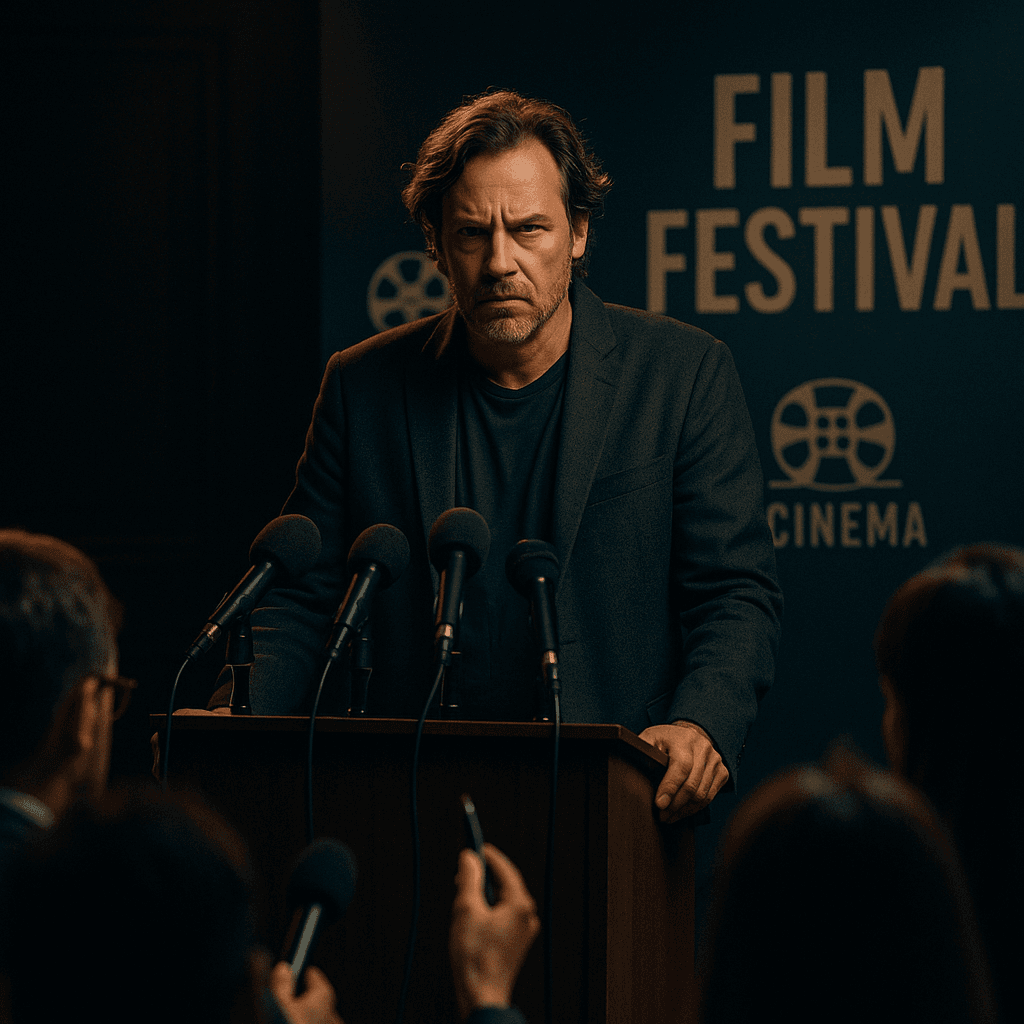Veteran indie filmmaker Jim Jarmusch delivered a stinging rebuke of streaming platform Mubi's recent $100 million funding round from Sequoia Capital during his Venice Film Festival premiere today. The controversy stems from filmmakers' concerns over Sequoia's investments in Israeli defense tech, creating an unexpected flashpoint between Silicon Valley venture capital and the independent film community.
The Venice Film Festival just became ground zero for a Silicon Valley funding controversy that's sending shockwaves through the independent film world. Mubi, the arthouse streaming platform beloved by cinephiles, found itself under fire from one of its own collaborators during what should have been a celebration of artistic achievement.
Jim Jarmusch, the legendary director behind "Dead Man" and "Coffee and Cigarettes," didn't mince words during the press conference for his new film "Father Mother Sister Brother." When journalists pressed him about Mubi's recent $100 million funding round led by Sequoia Capital, Jarmusch delivered a public rebuke that reverberated far beyond the festival circuit.
"I was disappointed and disconcerted by this relationship," Jarmusch told the assembled press, according to Variety's coverage. The filmmaker was careful to separate his creative partnership from the funding controversy, noting that his "relationship with Mubi started much before that, and they were fantastic to work with on this film."
The backlash centers on Sequoia Capital's portfolio company Kela, an Israeli defense technology startup. Filmmakers argue that accepting money from Sequoia creates an indirect connection between Mubi's growth and what they characterize as military activities in Gaza. The controversy gained momentum when numerous filmmakers, including some with existing Mubi relationships, signed an open letter stating that "Mubi's financial growth as a company is now explicitly tied to the genocide in Gaza."
Mubi founder and CEO Efe Cakarel pushed back against these characterizations, insisting to Variety that "any suggestion that our work is connected to funding the war is simply untrue." But the damage to the platform's carefully cultivated indie credibility was already spreading through festival circles.








